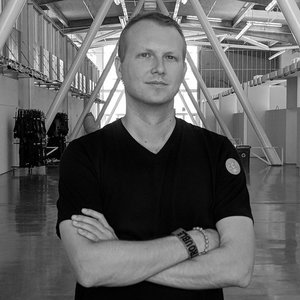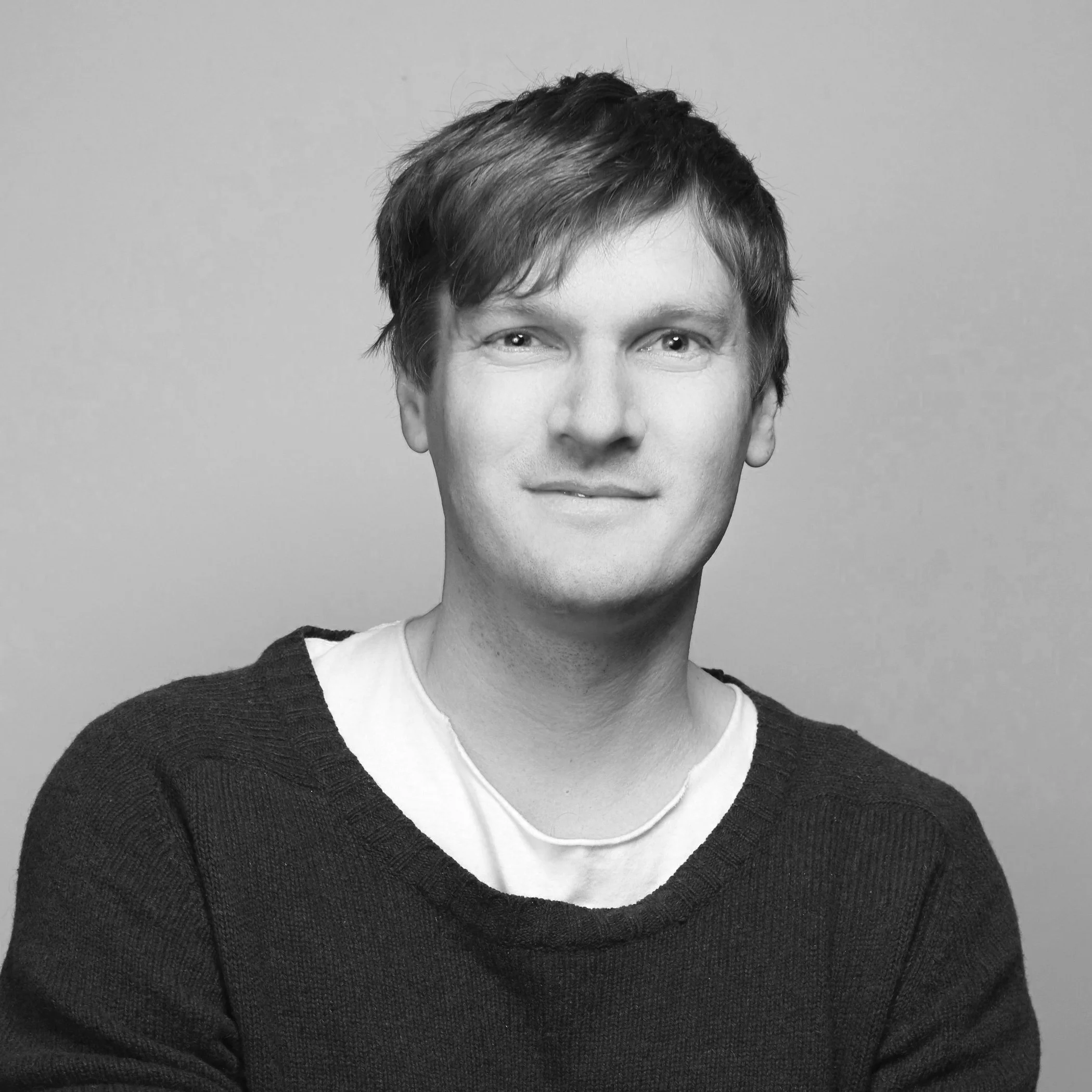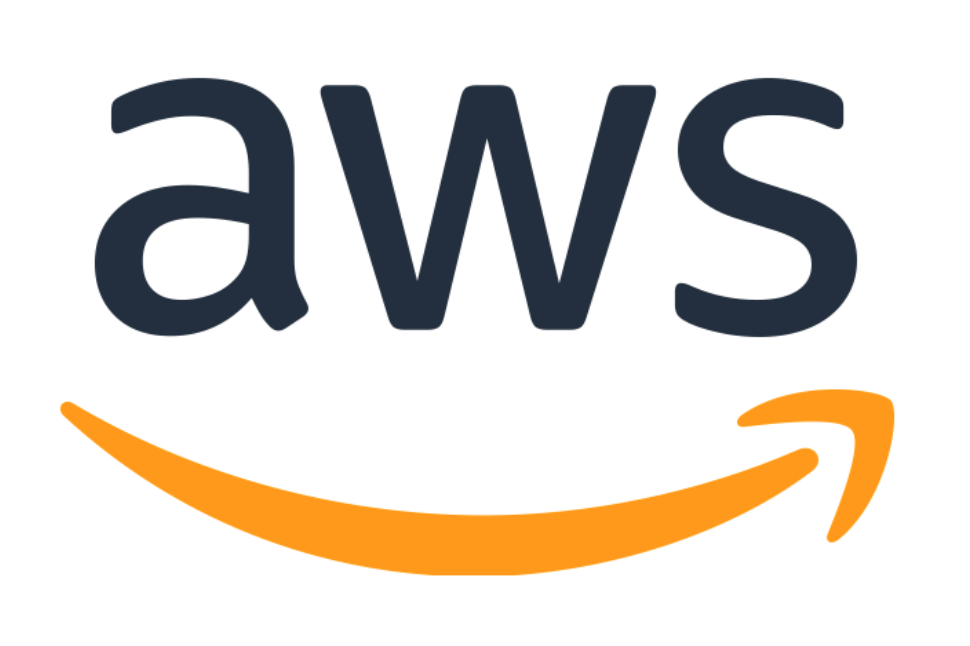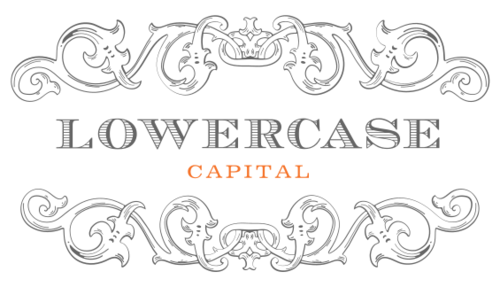Solutions for a Carbon Neutral World
San Francisco, March 28th 2019
Climate change is real. Now is the time to look at atmospheric carbon as the opportunity of the century -- carbon and its compounds are a free, abundant resource, already used generously by the Earth’s biosphere and now looking for more industrial applications. Governments are ready to spend on carbon, and consumers are willing to pay a premium for products made with captured carbon. Agricultural opportunities are endless when matched with the right business models and funding structures. Kelp and algae farming are about to go big. New materials are waiting to be built. To get to a carbon-neutral world faster, we need new technologies. Let’s become miners of the 21st century. It’s a land (air?) grab waiting to happen!
Carbon Impact.tech covered the nascent technologies that will usher in an era of profitable carbon removal as well as the status quo of carbon solutions and possible business models for implementation. We also had founders of early stage companies giving lightning talks on their approach to mining carbon, while brand-name Silicon Valley investors chimed in with their perspective and approach.
AGENDA
3:30 - 4:00 || Registration & networking
4:00 - 4:20 || WELCOME
4:20 - 4:40 || THE CARBON PROBLEM - Jonathan Foley, Project Drawdown
Jonathan Foley, the Executive Director of Project Drawdown, will define drawdown technologies and lay out the current climate and carbon landscape. Jonathan will reveal key insights into the scale of the problem -- how much CO2 gets put into the atmosphere every year -- and provide the foundation of knowledge needed to make an informed attack on CO2.
4:40 - 5:00 || THE CARBON BUSINESS - Noah Deich, Carbon180
Noah Deich, the Executive Director of Carbon180, will make the hard case for air mining. Noah will provide an overview of carbon sequestration technologies that have matured enough to be ready for commercialization and showcase technological solutions that are already looking for profitable business models. He will talk about the solution stack, players in the field, and present a few case studies of tech companies sequestering carbon.
5:00 - 5:20 || BREAK
5:20 - 5:35 || CARBON MOONSHOTS - Tito Jankowski, Impossible Labs
Tito Jankowski from Impossible Labs will give an overview of the crazy technologies currently looking for CO2 applications, and provide the audience with a general understanding of the fields of research/science that could give birth to the next carbon tech solutions.
5:35 - 6:35 || CARBON LIGHTNING TALKS
We will hear from entrepreneurs and researchers working on carbon capture with a focus on the technology used, funding and growth path, and the potential for both impact and income in the coming 10 years.
5:35 - 5:55 || The first part of Lightning Talks:
Nicholas Flanders, Opus12
Thomas McDonald, Mosaic Materials
Derek Greenfieldi, Microbes
Brent Constantz, BluePlanet
Christopher Oakes, NovoNutrients
5:55 - 6:15 || BREAK
6:15 - 6:35 || The second part of Lightning Talks:
Peter Reinhardt, Charm Industrial
Henrietta Kekäläinen, CarboCulture
Philip W. Kithil, Ocean-Based Climate Solutions
Max Nova, Silviaterra
Diego Saez Gil, Pachama
6:35 - 7:10 || CARBON CAPITAL
After the lightning talks, a handful of investors and inventors will gather for a fireside chat and a broad Q&A on overlooked solutions, unused funding models, and undervalued paths to Zero Carbon:
Ela Madej, Fifty Years
Gustaf Alstromer, Y Combinator
James Hardiman, Data Collective
Maryanna Saenko, Future Ventures
Tom Chi, Investor & Inventor
7:15 - 8:30 || Networking, Food & Drinks
Speakers
JONATHAN FOLEY
Dr. Jonathan Foley is the Executive Director of Project Drawdown — the world’s leading source of climate solutions — and is a world-leading environmental scientist, sustainability expert, author, and speaker. He has published over 130 peer-reviewed scientific articles, including many highly cited works in Science, Nature, and the Proceedings of the National Academy of Sciences. In 2014 and 2018, he was named a Highly Cited Researcher, placing him among the top 1 percent most cited global scientists.
NOAH DEICH
Noah Deich is the Executive Director of Carbon180 (formerly Center for Carbon Removal), a non-profit organization on a mission to champion carbon removal through science and innovation. Prior to founding Carbon180, Noah worked in consulting and gained experience with energy and environmental market modeling, financial valuation, and corporate strategy in the energy and sustainability sectors. Noah received his M.B.A. from the Haas School of Business at UC Berkeley and his B.A. from the University of Virginia.
TITO JANKOWSKI
Tito Jankowski is an air miner and he has been other things: a biohacker, a hardware maker, a medical tricorder designer, and a patent infringer. Prior to the call to join the climate adventure, he co-founded the BioCurious hackerspace and built open source biohacker tools including OpenPCR. Tito holds a degree in Biomedical Engineering from Brown University.
MARYANNA SAENKO
Maryanna Saenko, co-founder of Future Ventures, is an early-stage venture capitalist with an interest in robotics, quantum computing, blockchain, aerospace, and the future of food. Previously she was at Khosla Ventures, and prior to that at DFJ, where she worked with Steve Jurvetson to focus on frontier technology investments. She was also an investment partner at Airbus Ventures where she led a series of venture investments strategically aligned with Airbus’ future-of-aerospace initiatives. Maryanna graduated from Carnegie Mellon University with a BS in BioMedical Engineering and a BS and MS in Materials Science and Engineering.
TOM CHI
Tom Chi has worked in roles ranging from astrophysical researcher to Fortune 500 consultant to corporate executive developing hardware/software products & services. He pioneered and practices a unique approach to rapid prototyping and leadership that can jumpstart innovative new ideas and move large organizations at unprecedented speeds. He was head of Product Experience and a founding member of Google X, and currently works to accelerate a future where humanity becomes a net positive to nature.
JAMES HARDIMAN
James Hardiman is a Partner at Data Collective. James has developed, applied, and invested in frontier technology and large-scale analytics for more than a decade. His experience spans R&D in new materials and in semiconductor processing as well as data driven sales & marketing strategy for large life science and healthcare companies. At DCVC, he is interested in companies applying artificial intelligence to vertical problems, technologies that allow us to better characterize and manipulate biological systems, and frontier technologies such as quantum computing. James received a BS in Engineering Physics from the University of California, Berkeley, and an MBA from the University of Chicago Booth School of Business.
GUSTAF ALSTROMER
Gustaf Alstromer is a partner at Y Combinator. Before that he spent nearly 5 years at Airbnb where he worked as a Product Lead on the Growth team, a team he helped start in 2012. At Y Combinator Gustaf works works with the first couple of companies funded from our carbon removal RFS.
ELA MADEJ
Tech entrepreneur and a Founding Partner at Fifty Years, an early stage VC fund that backs entrepreneurs solving the world’s biggest problems with technology. With Fifty Years, Ela has invested in over 45 startups in areas such as food tech, synthetic biology, energy, space tech, health tech, autonomous vehicles, and more. Ela is a Y Combinator alum, previously co-founded Base CRM, the software shop Applicake, and was a Partner at Innovation Nest, a Europe-focused VC firm. She also runs Impact.tech, a platform for technologists in Silicon Valley who want to combine purpose with profit.
LIGHTNING TALKS
Brent Constantz, CEO
Blue Planet, Ltd. captures carbon dioxide and transforms it into limestone aggregate for use in concrete.
Henrietta Kekäläinen, Co-founder and CEO
Carbo Culture is on an elemental mission to clean up the air and heal the soil. The company's patented technology transforms waste biomass into ultra high purity carbon, which is used in urban environmental remediation. Next year, the company's Alpha plant will be turning 7000 tons+ of CO2 into a stable form of solid carbon - (an equivalent amount to flying a 747 around for 9 days non-stop, or 500 years of energy for a household).
Peter Reinhardt, Co-founder
Charm Industrial is a venture-backed startup in San Francisco with a mission to end climate change, profitably. Our initial focus is on the industrial hydrogen market, where we've developed a thermal gasification process that produces renewable hydrogen from biomass while also sequestering CO2 from the atmosphere. When scaled up, this process alone can offset up to 6% of global carbon emissions. And that's just the start!
Derek Greenfield, Co-founder & CEO
iMicrobes invents sustainable manufacturing methods using synthetic biology. We program microbes to use methane as a feedstock, turning a greenhouse gas into a raw material for the circular economy. iMicrobes is targeting diverse markets including biodegradable plastics and animal feed.
Thomas McDonald, CEO
Mosaic Materials is a chemical and engineering company that produces metal-organic frameworks and develops process for advanced gas separations. Mosaic Materials is dedicated to reducing the cost and environmental impact of fossil fuels. Their proprietary adsorbent technology can efficiently remove CO2 from nearly gas mixture, enabling CO2 removal from both high CO2 content point sources (post-combustion carbon capture, natural gas/biogas sweetening) and dilute sources (submarines, spacecraft, direct air capture).
Christopher Oakes, Vice President
NovoNutrients. Almost 40 billion CO2 equivalent tonnes are emitted annually, warming the planet unsustainably. Over fishing wild fish to feed to farmed fish is problematic. With bacteria adapted to grow primarily on CO2 emissions, Novonutrients’ technology platform replaces critical feed ingredients and additives within the rapidly growing aquaculture sector. Their proprietary microbial technology will convert millions of tonnes of waste CO2 into millions of tonnes of high-value, low-cost, sustainable protein, branded Novomeal, for aquaculture and eventually for other animal feeds.
Philip W. Kithil, Founder, CEO
Ocean-Based Climate Solutions, Inc. is an ocean environmental technology development company. Their tool, “The Oxygenator” uses wave energy to produce upwelling of nutrient-enriched seawater from 200m deep. It promotes growth of phytoplankton and then sends particulate organic carbon (POC) as well as dissolved organic carbon contained in the upper ocean, below 400m where it is out of contact with the atmosphere for many decades.
Nicholas Flanders, Co-founder and CEO
Opus 12 has developed a device that recycles CO2 into cost-competitive chemicals and fuels. Their technology bolts onto any source of CO2 emissions, and with only water and electricity as inputs, transforms that CO2 into some of the world's most critical chemical products. Founded at Stanford in 2016 and launched in the Cyclotron Road program at LBNL, Opus 12 has attracted funding from the U.S. DOE, NSF, NASA, Shell, SoCalGas, and top-tier venture investors. The company is currently building its first commercial unit in collaboration with a world-leading systems integrator.
Diego Saez Gil, Co-founder & CEO
Pachama is developing technologies to help accelerate the growth of the forest carbon offset market. Harnessing machine learning on satellite, drone and lidar data to improve the verification and prediction of forest carbon, the company hopes to increase trust from carbon buyers on forest offsets.
Max Nova, Co-founder
SilviaTerra uses satellite imagery and machine learning to measure and monitor America's forests. We all depend on forests for the air we breathe, the water we drink, and the houses we live in. Forests also provide habitat for many animal species and sequester carbon from our atmosphere. Yet we know very little about hundreds of millions of acres of forest in our country. SilviaTerra is helping change that by collaborating with Microsoft AI for Earth to create the first high-resolution forest inventory of the US. This foundational dataset is already enabling new approaches to valuing and conserving our nation's forests.


































